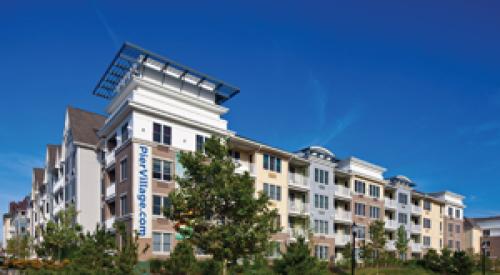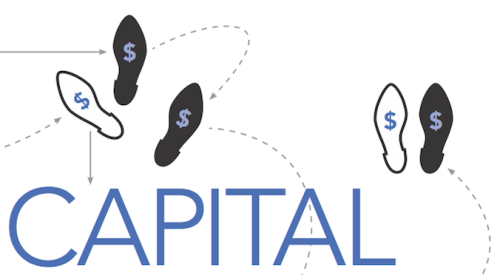 |
If you're running out of free cash to support your home building or development business — and your banks are pressuring you to inject more equity or pay off their loans after the OCC finishes classifying loan portfolios — it might make sense to look to hedge fund and private equity funds for money.
Capital is fungible and flows smoothly and freely. After opining the sources for the next wave of capital for home builders, I have spent 15 months meeting with hedge funds and private equity groups to help them understand the opportunities. It is impatient money.
Fund managers are compensated based upon capital invested, not money raised. Billions of dollars are waiting in the wings to be invested in "home building space" — Wall Street's term of art.
How I differentiate fund management teams:
- Thirty-something-year-old MBAs who know nothing about home building and are looking to the law of averages to make their desired returns. These managers are potentially dangerous to home building and will make difficult partners. Stay away from them. They are the vultures you hear about.
- Groups who acknowledge they know nothing about home building but have hired full-time ex-home-building senior managers or look for guidance from industry experts.
"We want to purchase assets at 20, 30, 40 and 50 percent and hold them until they're worth 60, 70, 80 percent" was what both groups informed me when I first asked about their thesis. I
 |
You need to consider several points when you create your own personal thesis for raising additional capital.
I explained that a builder would review the site; determine what products could successfully be marketed; and build a matrix using current house prices and absorption rates. I explained that during 2008 and 2009 there would be little opportunity to raise prices or improve absorption rates; that there would be some improvement to both in 2010; and then a gradual return to a more normal market in 2011 and 2012.
The matrix would then produce a residual current value. Further, I suggested we assume that thereafter price increases would track inflation but not much more.
I added that their thesis was missing the benefits of good management — the people aspect. Great managers can take a C+ or B- project and turn it into a home run, or a poor manager can run an A project into the ground. I reinforced that home building was a local business that required local expertise and good market intelligence to achieve the results they wanted.
The net result: some new alternative capital sources are convinced it makes sense to partner up with knowledgeable local and regional builder-developers with successful franchises and reputations for delivering quality housing at reasonable prices and excellent customer service.
What will you get out of it?You need to start your search for new capital sources now so that within 6-12 months you will have the cash reserves required for you to survive the current cycle. And take advantage of the great lot buying opportunities that will present themselves. Don't be afraid to impair your current assets so your capital funding source is comfortable and it is not overpaying. You will have an opportunity to earn back losses you might take.
Over the next few years many great home building industry icons we know will disappear while some will tap into new alternative capital sources and will survive and prosper. Hopefully you will be a smart builder who survives.
| Author Information |
| Michael P. Kahn is president of Michael P. Kahn & Associates, a financial advisory firm specializing in housing industry mergers, acquisitions and capital formation. |












